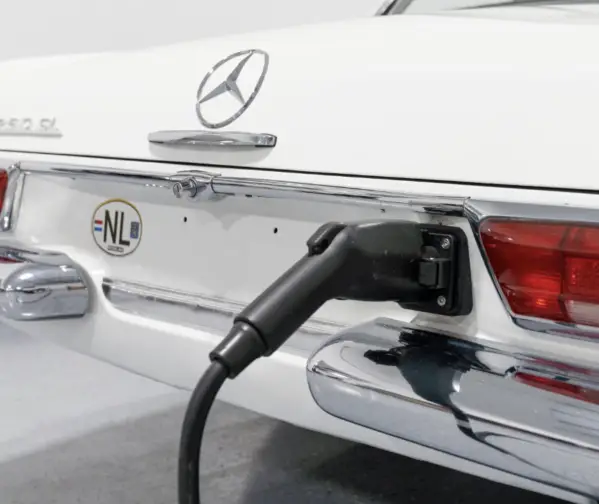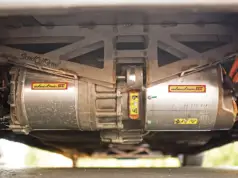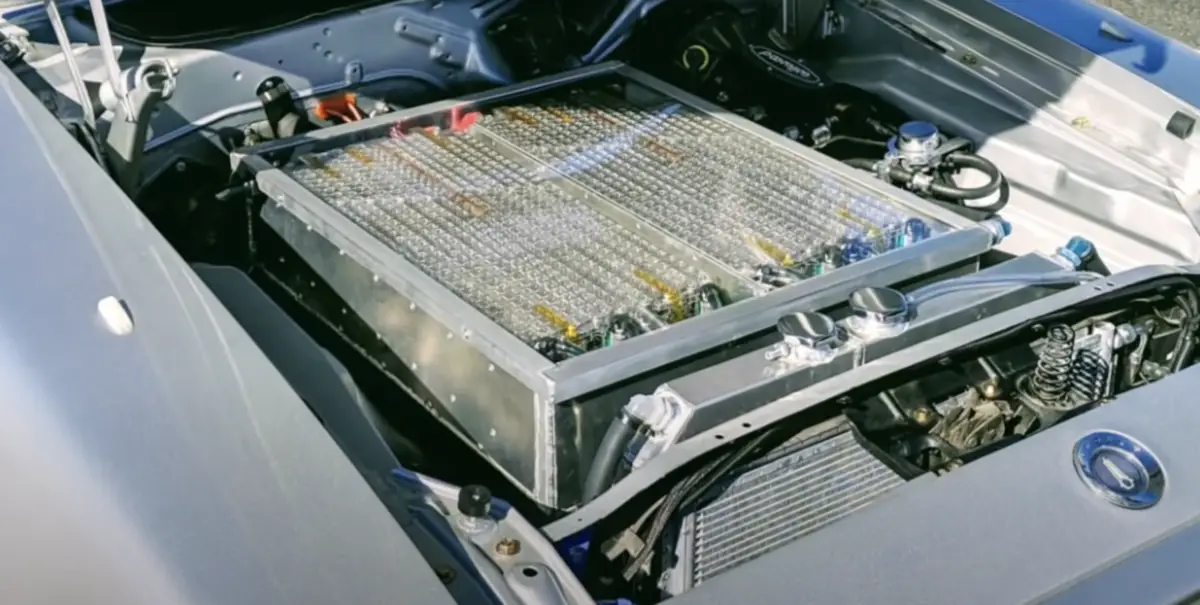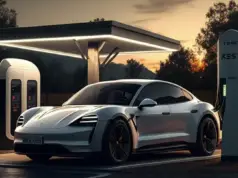Choosing the right home EV charger for your Electric Vehicle Swap can be a bit overwhelming since there are many factors to consider. Here are some things to keep in mind when making your decision.
Compatibility
To determine what home EV charger will work with your car, you’ll need to consider the following factors:
- Connector type: Check the manufacturer’s specifications for the type of connector your car uses. There are two main types of connectors: the J1772 connector, which is used by most electric cars in North America, and the CCS connector, which is used by some newer models.
- Charging rate: Determine the charging rate that your car can handle. This information can be found in the car’s manual or online specifications. Some cars can handle Level 1 charging, which uses a standard 120-volt outlet, while others require Level 2 charging, which uses a 240-volt outlet.
- Charging time: Calculate how long it will take to fully charge your car based on the charging rate and the battery capacity of your car. This will help you determine if you need a faster or slower charging option.
- Power output: Check the power output of the charger to ensure it can meet the charging requirements of your car. Chargers typically range from 3.3 kW to 11 kW or more.
- Compatibility with other features: Some electric cars may have additional features such as smart charging, which allows you to control and monitor charging from your smartphone, or bi-directional charging, which allows your car to store excess energy and discharge it back into your home. Check to make sure that the charger you choose is compatible with any additional features your car may have.
Once you have considered these factors. You can narrow down your options to find a home EV charger that is compatible with your car. It’s also a good idea to consult with an electrician or a charging station installer to ensure that the charger you choose can be safely installed in your home.
Charging Speed
To determine what charging speed you need while purchasing a home EV charger, consider the following factors:
- Your Driving Habits: If you have a short commute and don’t drive long distances very often, a slower charging speed may be sufficient. However, if you have a long commute or frequently take road trips, you may want a faster charging speed to ensure that your car is fully charged when you need it.
- Battery Size: The larger the battery in your EV, the longer it will take to charge. Consider the battery size of your car and how long it will take to fully charge with different charging speeds.
- Available Charging Time: Think about how long you have to charge your car at home. If you have a long overnight charging period, a slower charging speed may be sufficient. However, if you have limited time to charge, you may need a faster charging speed to ensure that your car is fully charged when you need it.
- Cost: Faster charging speeds generally come with a higher price tag. Consider your budget and determine how much you are willing to spend on a home EV charger.
- Future-proofing: Consider the future and any plans you may have to upgrade to a car with a larger battery or faster charging capabilities. Choosing a charger with a higher charging speed may be a better investment in the long run.
In general, a 240-volt Level 2 charger is sufficient for most EV owners, as it can fully charge an EV in about 4-6 hours. However, if you have a larger battery or need faster charging, you may want to consider a charger with a higher charging speed. Ultimately, the charging speed you need will depend on your specific needs and circumstances.
Installation
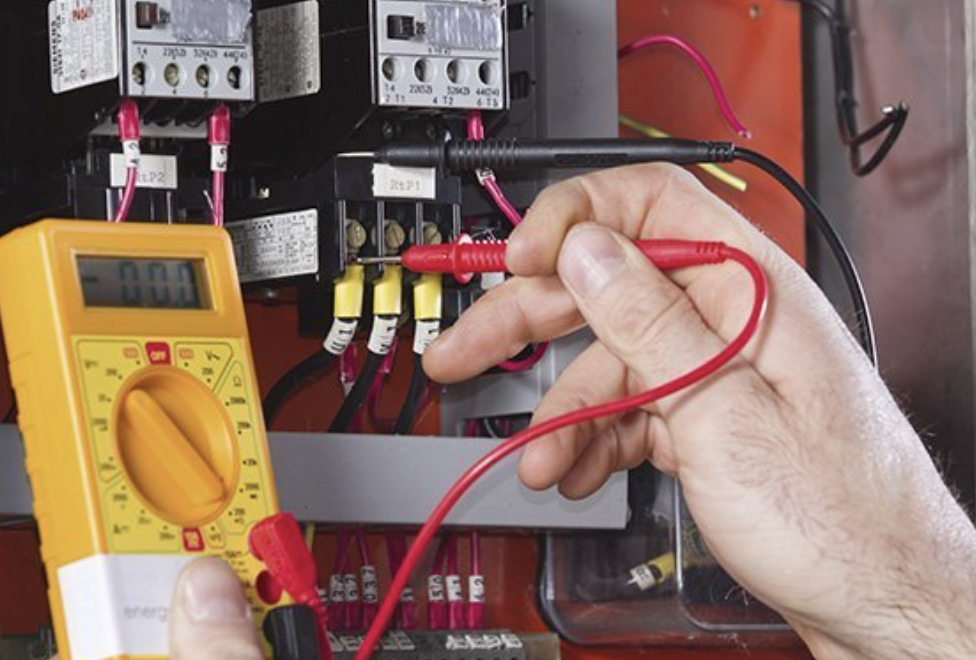
Installing a home EV charger can be a great investment if you own an electric vehicle. Here are some steps to help you install a home EV charger:
- Check your home’s electrical capacity: The first step is to check if your home’s electrical capacity can support a home EV charger. You may need to consult an electrician to ensure that your home’s electrical panel has enough capacity to support the additional electrical load.
- Choose the right charger: Once you have determined that your home’s electrical panel can support an EV charger, the next step is to choose the right charger for your vehicle. You should consider factors such as the charging speed, the cost of the charger, and the features offered by different models.
- Hire a licensed electrician: It is important to hire a licensed electrician to install the EV charger. The electrician will ensure that the charger is installed correctly and safely, and that it meets local electrical codes and regulations.
- Choose a location for the charger: You will need to choose a location for the charger that is convenient and accessible for your vehicle. The location should also allow for proper ventilation and drainage.
- Install the charger: The electrician will install the charger according to the manufacturer’s instructions and local electrical codes. They will also ensure that the charger is properly grounded and that the wiring is correctly connected.
- Test the charger: Once the charger is installed, the electrician will test it to ensure that it is functioning correctly and safely.
By following these steps. You can install a home EV charger that will allow you to conveniently and safely charge your electric vehicle at home.
Cost
The cost of purchasing and installing a home EV charger can vary depending on several factors. Such as the type of charger, the location of the installation, and the complexity of the installation process. Here are some of the costs to consider:
- Charger cost: The cost of the charger itself can range from a few hundred to several thousand dollars depending on the features, charging speed, and brand.
- Installation cost: The installation cost can vary depending on the location of the installation and the complexity of the installation process. If your home has existing wiring and a dedicated circuit for the charger, the installation cost may be relatively low. However, if additional wiring or a new circuit is needed, the installation cost can be higher.
- Permit fees: Some cities or counties may require a permit to install an EV charger, which can come with additional fees.
- Electrical upgrades: If your home’s electrical panel is outdated or does not have enough capacity to support the charger, electrical upgrades may be required, which can increase the installation cost.
- Rebates and incentives: Some states and utility companies offer rebates or incentives to encourage the installation of home EV chargers. Which can help offset the purchase and installation costs.
Overall, the total cost of purchasing and installing a home EV charger can range from a few hundred to several thousand dollars. Depending on the factors mentioned above. It’s important to research the costs associated with your specific situation and budget accordingly.
Brand and Warranty
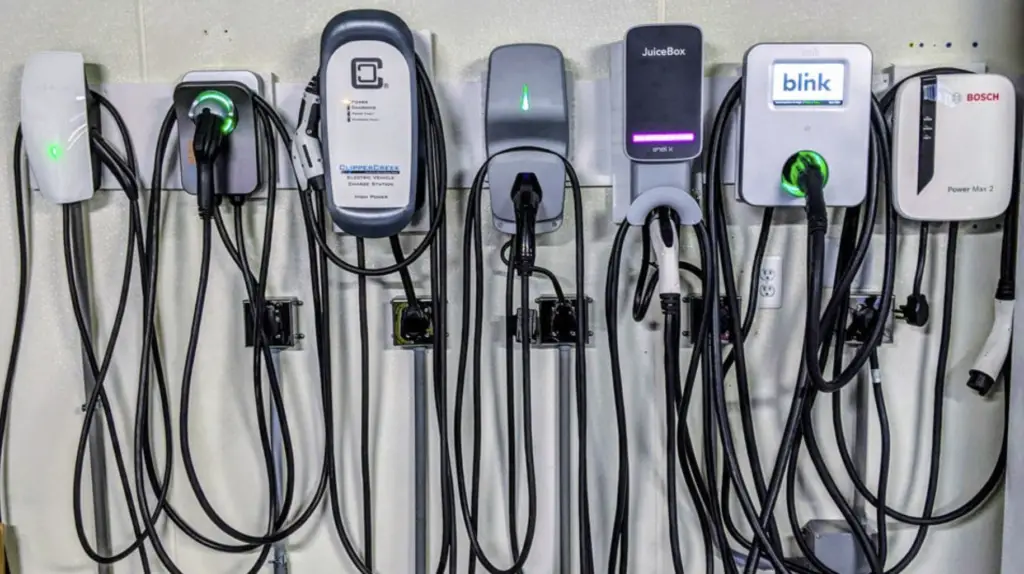
There are several reputable brands and warranties for home EV chargers, each offering different features and benefits. Some of the best brands and warranties for home EV chargers are:
- Tesla: Tesla offers a variety of home EV chargers, including the Tesla Wall Connector, which has a 4-year limited warranty.
- ChargePoint: ChargePoint offers home EV chargers with a 3-year warranty and 24/7 customer support.
- Bosch: Bosch offers the Power Max 2 charger with a 3-year warranty and a durable metal case.
- Siemens: Siemens offers the VersiCharge home EV charger with a 3-year warranty and a compact design.
- AeroVironment: AeroVironment offers the EVSE-RS charger with a 3-year warranty and a ruggedized, weather-resistant design.
- ClipperCreek: ClipperCreek offers the HCS-40P home EV charger with a 3-year warranty and a variety of power options.
Ultimately, the best brand and warranty for your home EV charger will depend on your specific needs and preferences. It’s important to do your research and choose a reputable brand with a warranty that fits your needs.
Additional Features
Look for additional features like Wi-Fi connectivity, mobile apps, and automatic scheduling to make charging more convenient.
FAQ
How Many amps does your home panel need to install an EV Charger?
The National Electrical Code requires an electrical circuit to be rated for 25% greater amperage than your charger’s output. For example, if you want to buy a 40-amp Level 2 charger, you’ll need a circuit breaker that’s rated for at least 50 amps
Do I need 200-amp service for EV charger?
This amperage is insufficient to run your appliances and handle the car charger, so upgrading to a 200-amp service would be recommended. If you have a 100 amp service and an electrician determines your panel is at capacity, a service panel upgrade to 200 amps would be recommended
Can I install a Tesla charger on a 100 amp panel?
No problem! Previously, homes with a 100-amp electrical panel would almost always require a service upgrade before an electrician could install any Level 2 EV charging station.
Summary
Choosing the right home EV charger involves considering factors such as compatibility, charging speed, installation, and cost. To ensure that the charger you choose works with your electric vehicle. You need to consider connector type, charging rate, charging time, power output, and compatibility with other features. When determining charging speed, think about your driving habits, battery size, available charging time, cost, and future-proofing. Installing a home EV charger involves checking your home’s electrical capacity. Choosing the right charger, hiring a licensed electrician, choosing a location for the charger, installing the charger, and testing it. Finally, the cost of a home EV charger includes the cost of the charger itself, installation, and ongoing electricity costs. By considering these factors. You can choose and install a home EV charger that meets your needs and allows you to conveniently and safely charge your electric vehicle at home.

